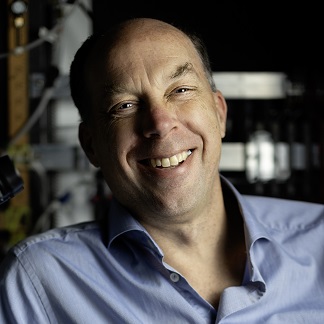Stephen Quake's research has explored the nexus of biology, physics and technology development. His research in microfluidic device physics led to the invention of the biological integrated circuit – chips with tens of thousands of microfabricated valves and other assorted plumbing elements. Quake developed applications of these devices in areas in fields as diverse as structural biology, biochemistry, genetics and cell biology. Many of the technologies currently used for single cell genomics trace their origin to Quake’s discoveries in this field. Quake's early career work in single molecule biophysics led him to the invention of the first single molecule sequencing technology, which he used for an early example of human genome sequencing. He then began exploring other applications of genomics, which led him into immune repertoire analysis and the development of non-invasive tests for fetal aneuploidy and organ transplant rejection.
Quake has received numerous awards for his discoveries and has been elected to several scientific honorary societies, including the National Academy of Sciences, the National Academy of Engineering, The National Academy of Medicine and the National Academy of Inventors. He has published more than 300 papers which have been cumulatively cited more than 100,000 times. Steve also holds a faculty position at Stanford University, where he is the Lee Otterson Professor of Bioengineering and Applied Physics. Previously he was the Head of Science at the Chan Zuckerberg Initiative (2022-2025), founding co-president of the Chan Zuckerberg Biohub (2016-2022), investigator of the Howard Hughes Medical Institute (2006-2016), and professor at the California Institute of Technology (1996-2005).
Professional position
- Chief Science Advisor, Chan Zuckerberg Initiative
- Lee Otterson Professor of Bioengineering and Applied Physics, Stanford Engineering, Stanford University, Stanford University

